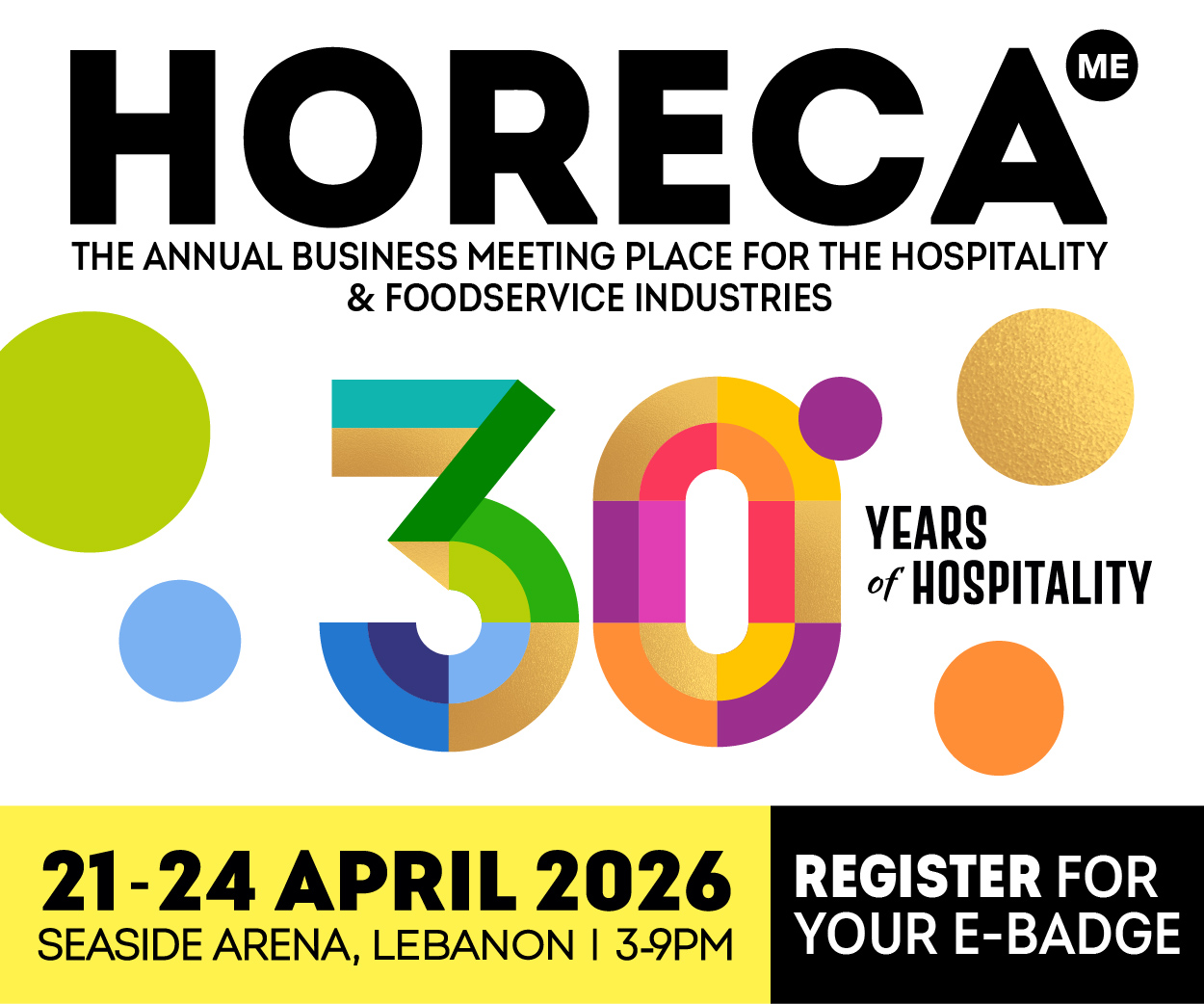

When tasked with exploring the metaverse and AI in hospitality, the initial approach required balancing emerging technologies with human-centered operations.
People and AI
Although not all hospitality professionals possess technical backgrounds, most understand the importance of supporting people through structured service environments and evolving tools. Therefore, the focus shifts toward understanding how AI and the metaverse can improve training, onboarding and development across hospitality organizations. To examine this intersection, professionals can be grouped into four categories based on how they currently engage with emerging technologies in operations:
- The bystanders are aware of available technologies but engage minimally, lacking clarity on real-world application or strategic business impact.
- The users explore AI tools more actively, testing basic prompts and gradually discovering new possibilities to enhance daily workflows.
- The contributors understand the operational landscape and apply AI to streamline recruitment, personalize development and improve overall service delivery.
These contributors, often HR professionals, operational managers or marketers, seek practical solutions to challenges in employee management, training and talent retention. However, even experienced contributors depend upon creators, engineers and developers, who build the platforms necessary for deploying AI and metaverse solutions effectively. Nevertheless, creators require business context and human nuance to ensure technological solutions address real operational needs and workforce expectations. This dynamic resembles a luxury hotel collaboration, where strategic leadership and expert design converge to create seamless guest and employee experiences.
Thus, a unified partnership between contributors and creators enables a transformation in how hospitality recruits, trains, supports and develops talent. By using AI-driven tools, organizations can automate job descriptions, candidate screening, onboarding and training within one integrated and adaptive ecosystem. In turn, this automation improves accuracy, enhances candidate experience and reduces bias, streamlining HR operations significantly across various hotel functions.
Additionally, tailored training modules aligned with specific competencies, performance feedback, and future roles can support accelerated growth and leadership readiness.
Immersive training
Simultaneously, the metaverse introduces immersive learning environments that simulate real-world challenges, enabling interactive and engaging training experiences for hospitality professionals. For instance, candidates can use virtual reality (VR) simulations to demonstrate communication skills, technical knowledge and cultural alignment before hiring. Once hired, new team members may access virtual onboarding hubs, where they explore workplace culture, meet colleagues, and receive interactive training. As a result, onboarding becomes more engaging, accessible, and standardized across departments, improving overall retention and long-term employee satisfaction. Moreover, psychometric assessments and 360-degree feedback tools become more dynamic when integrated into VR-based, situational training and performance simulations. Such tools identify individual strengths and development areas, enabling tailored growth paths aligned with organizational needs and long-term succession planning. In this context, a well-known quote by Yuval Noah Harari becomes relevant: “In a world deluged by irrelevant information, clarity is power.”
Accordingly, AI provides clarity by filtering data, aligning workforce strategies with business goals and enhancing decision-making through actionable insights. Likewise, the metaverse acts as a unified platform for integrating recruitment, learning, development and performance tracking into one cohesive experience. Of course, building such a system requires collaboration where business-oriented contributors work closely with technologically skilled creators to design effective tools. When aligned, these cross-functional teams drive operational excellence without replacing human roles but instead augmenting them for greater impact. In hospitality, AI should be viewed as a service enabler similar to a digital assistant supporting employees behind the scenes.
For example, it can manage performance data, schedule learning paths, and improve readiness for future roles with less administrative overhead. Notably, Andrew Ng stated: “The people who embrace AI will be the ones who thrive,” which is increasingly relevant in hospitality.
Therefore, integrating AI is not about job displacement — it’s about advancing performance through smarter systems designed with a people-first mindset.
Building a future-focused hospitality workforce
Importantly, technological advancement should complement tradition, not erase it similar to how postal services persist despite widespread use of email systems. Likewise, AI will not eliminate roles in hospitality; instead, it will enhance fragmented HR functions through intelligent, interconnected ecosystems. Currently, recruitment, CV screening, onboarding, performance reviews and employee surveys are often managed across disjointed platforms with limited integration. However, AI enables centralization allowing for real-time data sharing, predictive analytics and targeted development tailored to specific team needs and goals. Consequently, employees gain greater clarity and purpose, while managers shift from administrative tasks to strategic leadership supported by smart automation.
Additionally, HR can proactively identify skill gaps, recommend learning content, and support internal mobility through insights generated from AI algorithms. Ultimately, the hospitality industry is entering a new era, one in which operational processes merge seamlessly with adaptive, human-centric technology platforms. The metaverse and AI are no longer futuristic concepts; rather, they are practical tools for enhancing employee experience and organizational performance. Going forward, success will depend on how well organizations blend digital innovation with authentic service culture and purpose-driven leadership. By investing in these capabilities, hospitality businesses can future-proof operations, support career development, and elevate the guest experience holistically. Indeed, this is a turning point, where imagination and process converge, supported by both human insight and digital capability.
This shift requires bold vision, cross-disciplinary collaboration and a commitment to elevating human potential through intelligent, integrated systems. As new technologies continue to evolve, the hospitality sector must stay agile, curious and committed to sustainable, people-centered transformation. Ultimately, this approach will not only enhance service standards but also redefine how talent is nurtured, empowered and retained long-term. With the right strategy, AI becomes more than a tool — it becomes a catalyst for excellence across the hospitality workforce ecosystem.

Mark Timbrell,
Leadership coach and MP UK
phimanagement.com
@phi.management






